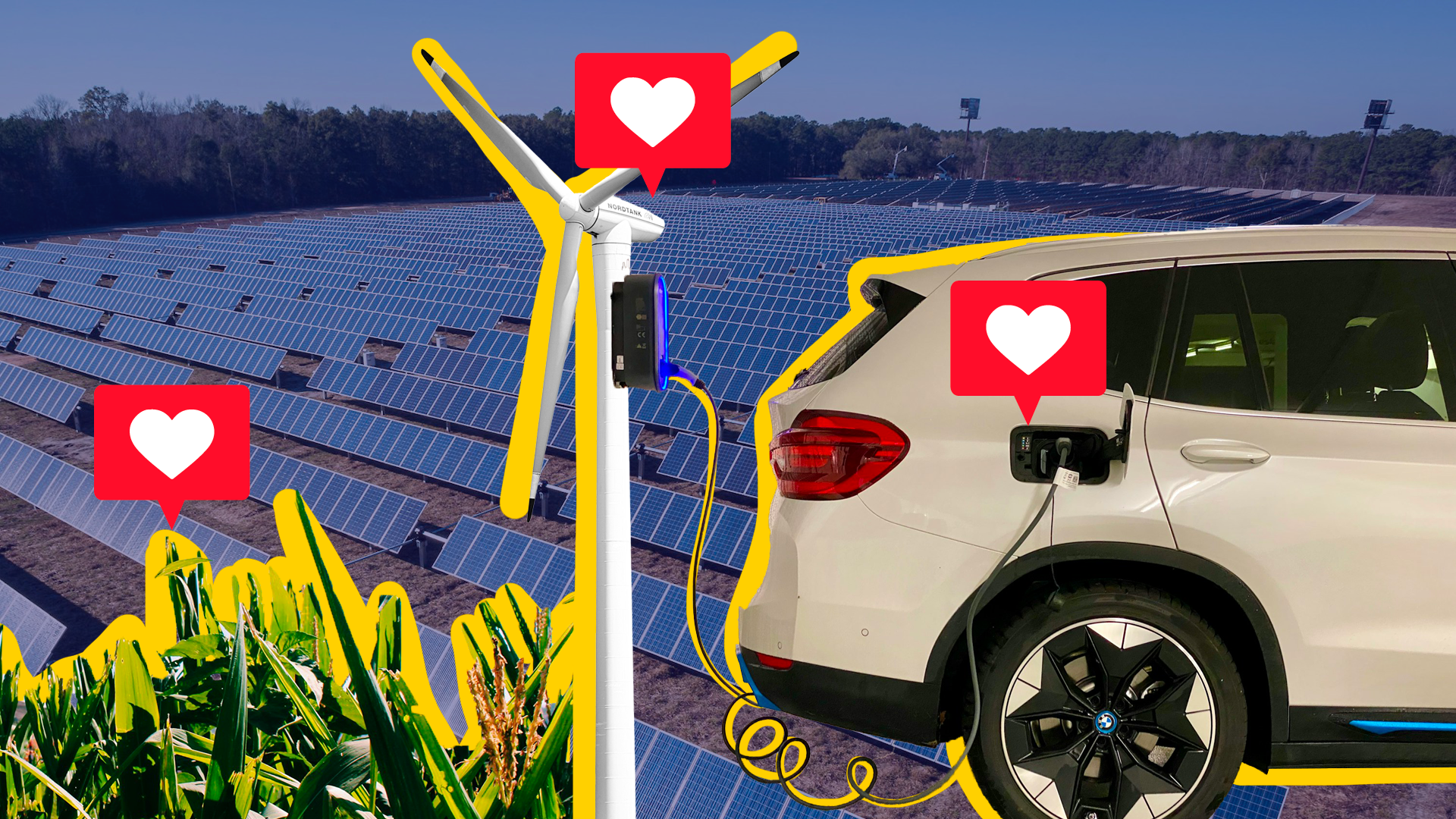A strong majority of registered voters support certain policies aimed at tackling climate change, according to recent research by the Yale Program on Climate Change Communication (the publisher of this site) and the Center for Climate Change Communication at George Mason University.


Here’s a summary of these results.
- Support for farmers to store carbon. Voters across the ideological spectrum like the idea of federal funding that helps farmers improve the ability of soil to absorb and store carbon, with 86% of survey respondents either strongly or somewhat supportive of the idea. Notably, this was the only climate policy that garnered the approval of voters who identified themselves as conservative Republicans, with 71% in favor.
- A national job training program. As energy production shifts away from fossil fuels, thousands of jobs will follow suit. Seventy-seven percent of voters support a national program to train workers from the coal, gas, and oil industries to work in renewable energy.
- Tax credits for EVs and solar. Seventy-seven percent of voters support tax rebates for individuals who purchase electric vehicles or solar panels for their homes. This is one of the most well-known policies of the Inflation Reduction Act, a federal law passed in August 2022 that is making substantial investments in U.S. clean energy production.
- Tax credits for electrifying heating and cooking. Along a similar vein, 74% of respondents expressed approval for tax credits or rebates to help offset the costs of replacing oil- or gas-burning household appliances. This applies to heat pumps or induction stoves, for example.
- Regulating CO2. Switching from carrots to sticks, 74% of voters also approve of the idea that carbon dioxide should be regulated as a pollutant.
- Ending fossil fuels. Most voters do envision a carbon-free future: 66% of registered voters support transitioning the U.S. economy from fossil fuels to 100% clean energy by 2050. Just 23% of conservative Republicans supported this idea, the lowest among any of the policies in this survey.
Solid support from Democrats; mixed results amongst Republicans


The figure above, excerpted from the report, illustrates how opinions about climate policies differ across political worldviews. Political ideology was self-defined by each survey respondent, who selected one of the categories shown above. Democrats robustly support all the climate policies described in the survey. Republican voters, however, were split on their policy preferences. Conservative Republicans stand apart from all other groups in their lack of support for any measure except federal funding to help farmers store soil carbon.
In contrast, moderate Republicans expressed strong support for each of the policies — and in fact, support for many of the policies among moderate Republicans was closer to that of moderate Democrats than to the positions of conservative Republicans.
This finding suggests that mainstream views in the U.S. may be coalescing toward agreement on climate solutions. Efforts to seriously reduce climate-warming pollution have only just begun, and future progress hinges on widespread and enduring public support. This data indicates that policymakers have an opportunity to continue to build bipartisan agreement.
Learn more
The spring 2024 polling covers many aspects of climate policy and can be viewed in full at the Climate Change and the American Mind website. The site also contains previous results from this twice-a-year polling effort.
We help millions of people understand climate change and what to do about it. Help us reach even more people like you.
Source link


